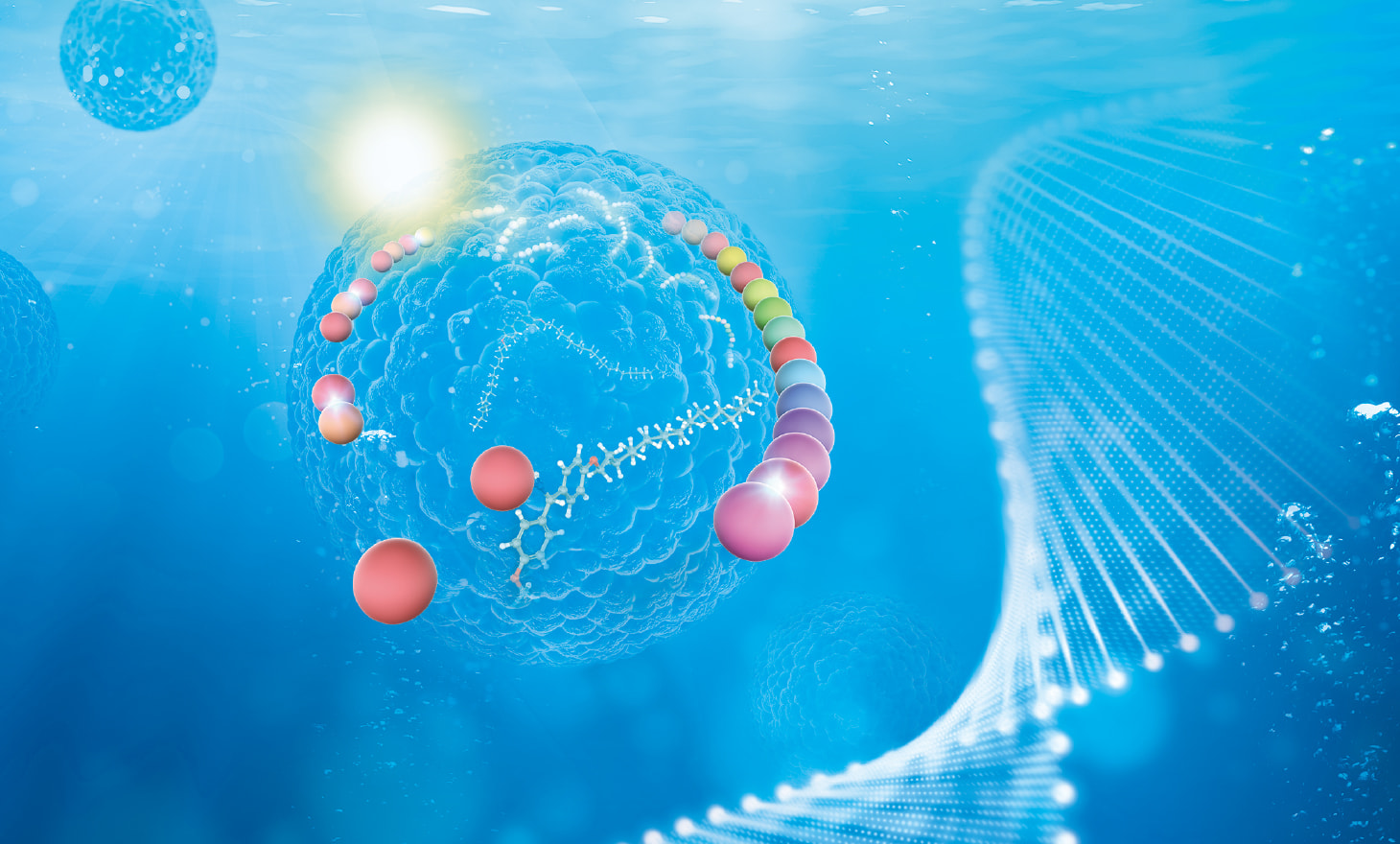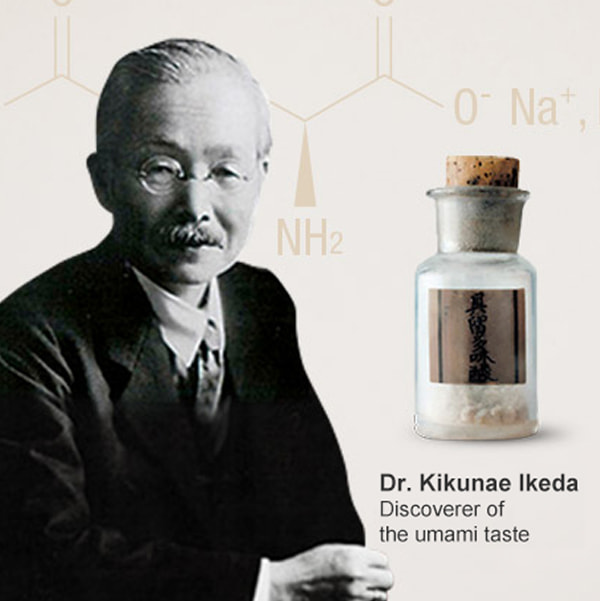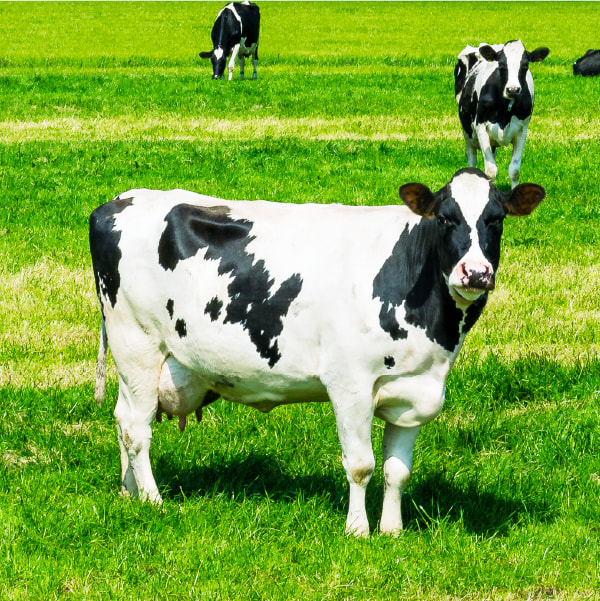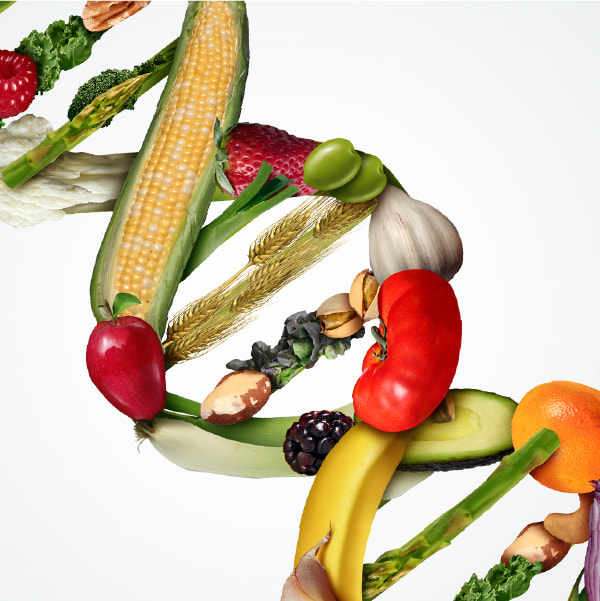Assessing cancer risks
with the amino acids
found in blood

AminoIndex®
< Table of Contents >
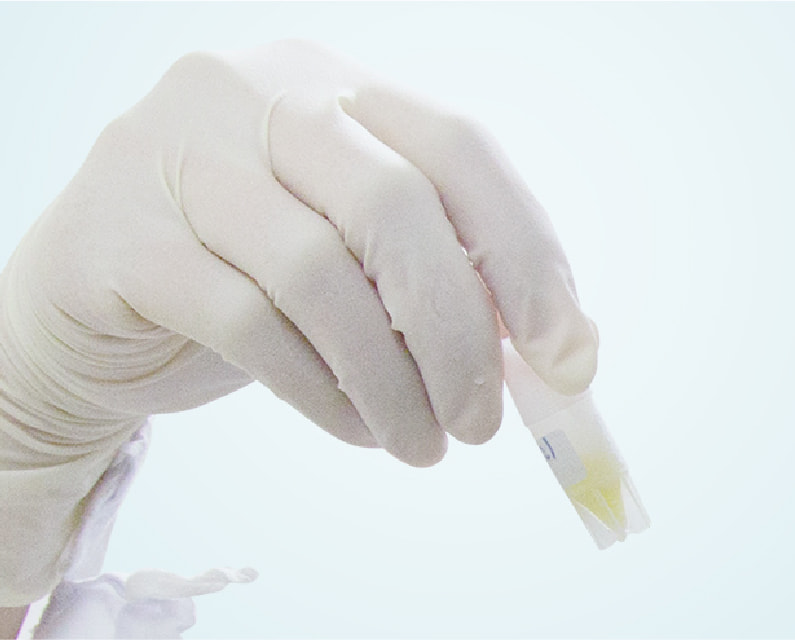
The amino acid profile as
a marker for cancer
screening
Screening rates for cancer are generally lower in Japan than in the United States or the United Kingdom. For example, the rate for cervical cancer screening is about 15% in Japan and about 80% in the U.S. and the U.K. One reason for Japan’s low rate is an apparent perception that screening is complicated and time consuming. In addition, there are limitations to conventional diagnostic imaging and tumor marker tests—detection and diagnosis generally become possible only when a tumor has grown, and only one type of cancer can be examined in a single screening procedure.
To save lives by early detection of cancer through screening requires simpler, more efficient methods of examination and testing. AminoIndex® Cancer Screening (AICS®) has been developed by the Ajinomoto Group to address this need.
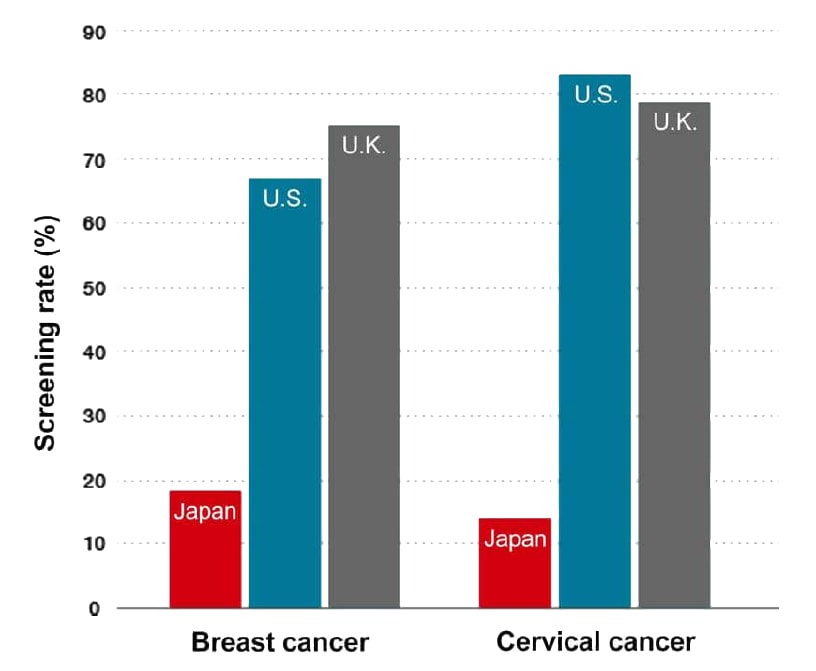
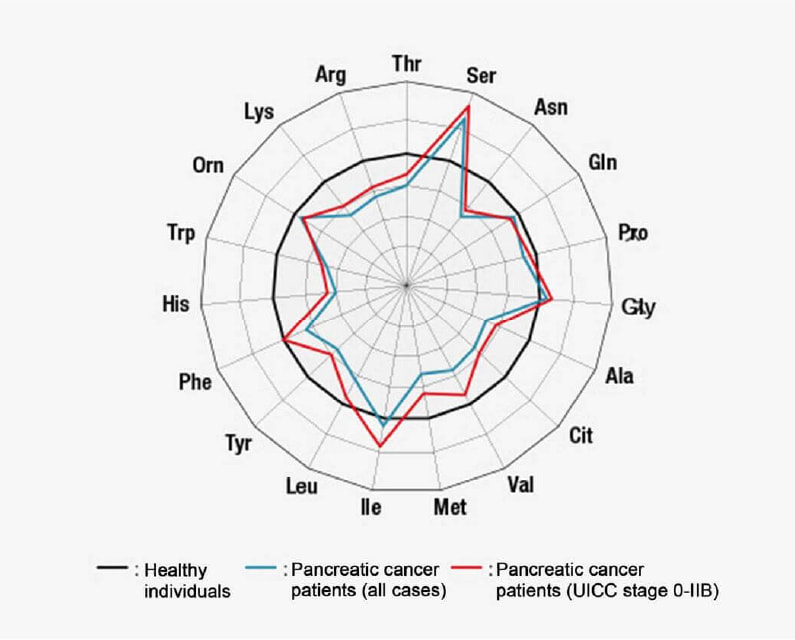
Blood amino acid
concentration profile —
a new biomarker
Amino acids have long been at the core of R&D in the Ajinomoto Group, with analysis of amino acids in the blood being part of our basic research into the physiological functions of foods, pharmaceuticals, and other substances. It is known that amino acid levels in plasma change during the course of various diseases. We decided to investigate variations in blood amino acid concentrations as a potential biomarker.
Because of large individual differences and the difficulty of reproducing amino acid analyses, this has only been used in clinical testing for congenital metabolic disorders, liver diseases, and similar disorders. In 2000, the Ajinomoto Group’s R&D team turned its attention to plasma amino acid profiles with the expectation that these profiles could make possible a wider range of health-related analyses. This led to the development of the AminoIndex® service, the world’s first analysis of amino acid balance in the blood as an indicator of general health as well as other possible disorders.
Two technological innovations open the way for
commercial development
AminoIndex® was born by combining two of the company’s technical strengths. One was bioinformatics, which enables effective statistical analyses and indexing of amino acid concentrations in the blood. The other was a technology for rapid and highly sensitive analysis of amino acids. Based on a concept that emerged from the R&D team in 2002, the new method ultimately shortened the time required for liquid chromatography (LC) analysis of an amino acid sample from 2 hours to about 7 minutes. In essence, the method shortens analysis time by utilizing mass-based separation in liquid chromatography/mass spectrometry (LC/MS). By derivatizing the amino acids prior to separation, extremely accurate quantitative analysis was attained.
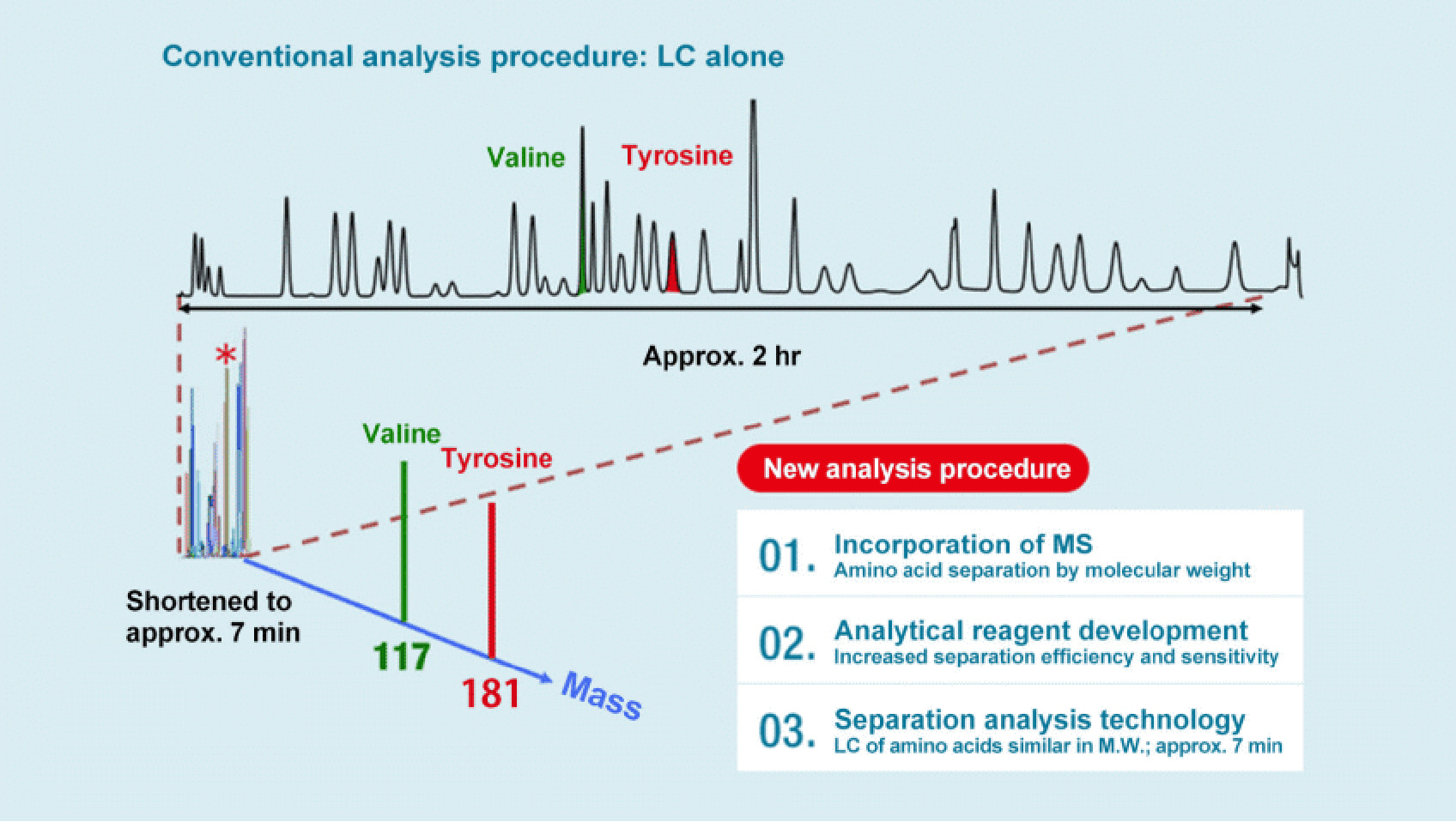
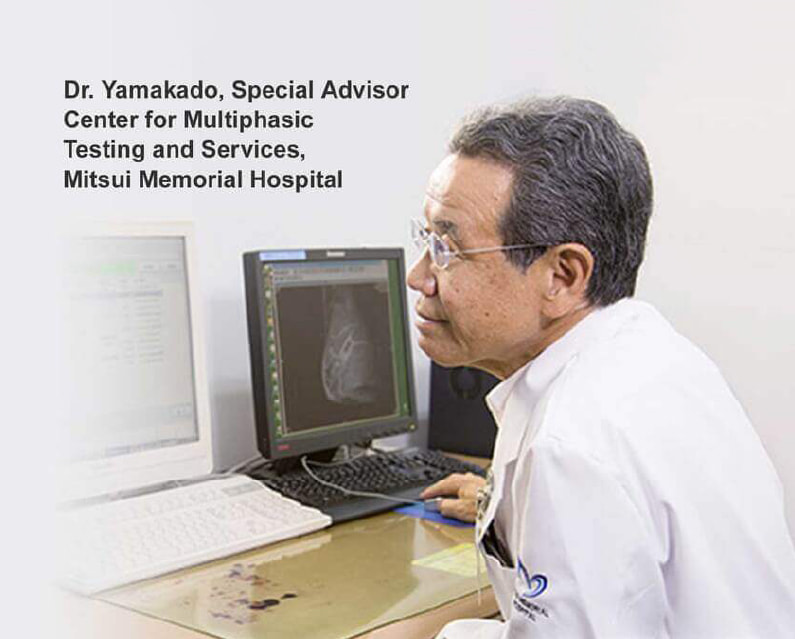
Gathering evidence
together with healthcare
institutions
Screening rates for cancer are generally lower in Japan than in the United States or the United Kingdom. For example, the rate for cervical cancer screening is about 15% in Japan and about 80% in the U.S. and the U.K. One reason for Japan’s low rate is an apparent perception that screening is complicated and time consuming. In addition, there are limitations to conventional diagnostic imaging and tumor marker tests—detection and diagnosis generally become possible only when a tumor has grown, and only one type of cancer can be examined in a single screening procedure.
To save lives by early detection of cancer through screening requires simpler, more efficient methods of examination and testing. AminoIndex® Cancer Screening (AICS®) has been developed by the Ajinomoto Group to address this need.
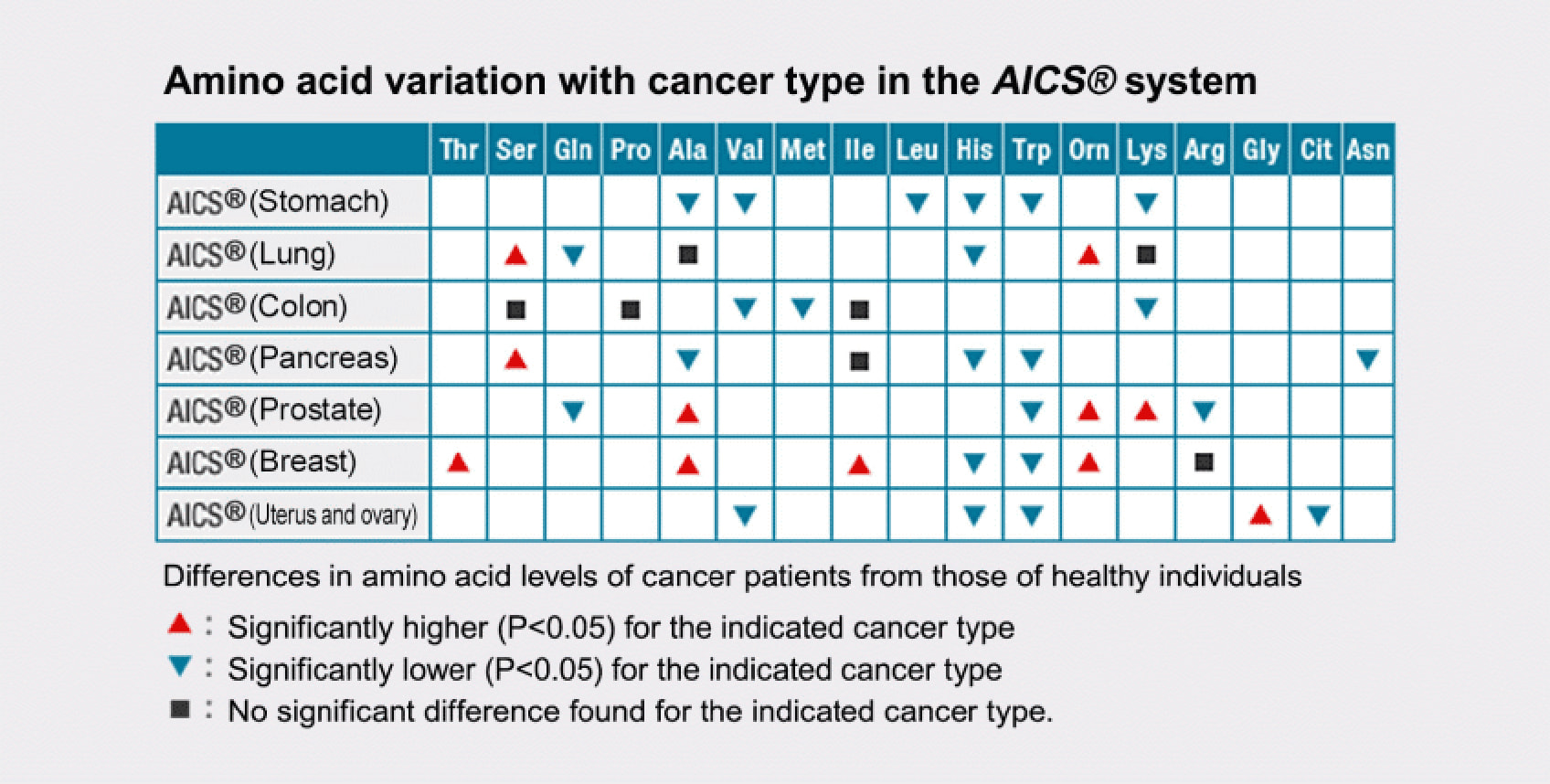
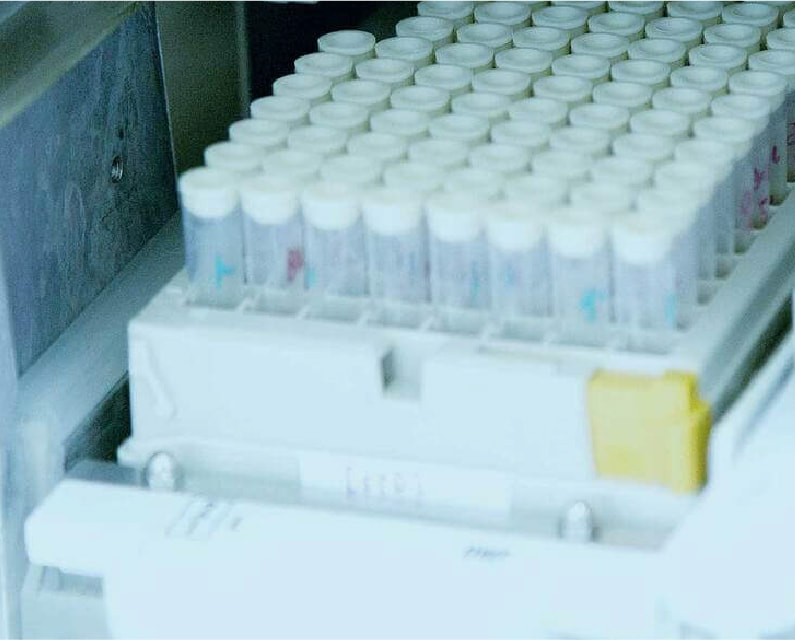
The expanding domain
of AminoIndex®
Utilization of AminoIndex® Cancer Screening (AICS®), with its capability of concurrent screening for multiple cancer types with a single 5 mL blood sample, is growing rapidly. It is used by 1,077 facilities (as of February 2016) at medical institutions in Japan, where the Ajinomoto Group is working toward the goal of servicing screenings for several hundred thousand people a year. Overseas operations are also in development. In addition, work is in progress to establish AminoIndex® technology and services to screen for metabolic syndrome, diabetes, fatty liver, and other life style-related disorders. R&D is also advancing toward its application to health management for athletes and the elderly. In this and other ways, the Ajinomoto Group is expanding the range of possibilities for disease prevention and mitigation, to improve the health of people around the world.

Another Innovation Story





